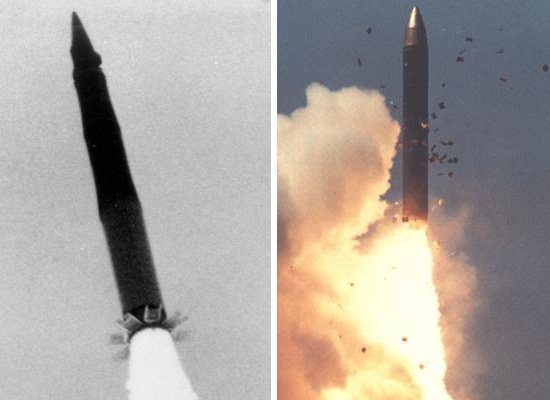
In his latest report to the United Nations, Mohamad ElBaradei, the head of the International Atomic Energy Agency (IAEA) , has cited "substantial progress" in clarifying questions about Iran's nuclear program, stating unequivocally that the agency "has been able to continue to verify the non-diversion of declared nuclear material in Iran".
This admission by the UN's atomic agency naturally raises serious questions about the legitimacy of coercive UN sanctions on Iran for refusing to halt nuclear activities that are completely legal from the standpoint of the nuclear Non-Proliferation Treaty. The legal and transparent nature of Iran's uranium-enrichment program in effect renders moot the UN's demand, and the sooner the UN backtracks on its unjustified demands the less the harm to its image. More >>>














